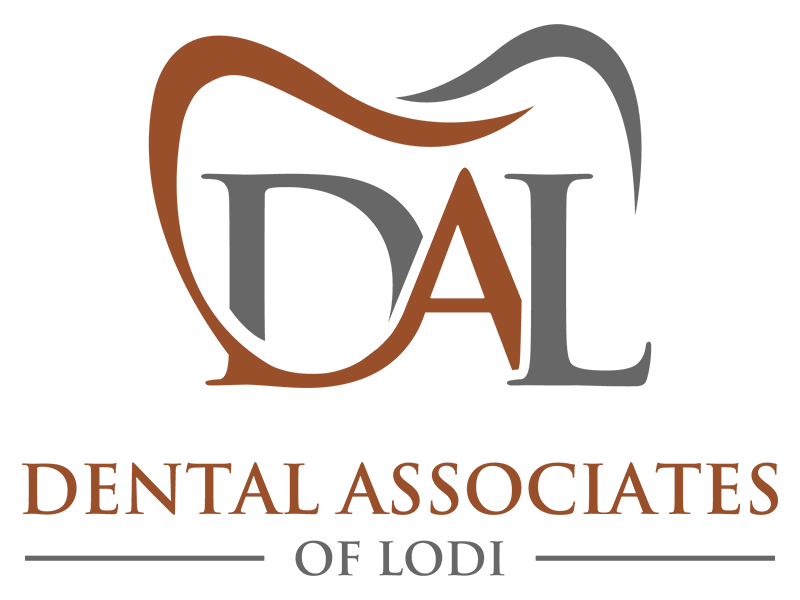Dental crowns save teeth. A crown fits over a tooth that has significant decay or damage. When there is not enough enamel left for a filling, a crown is a potential solution.
Do you have a tooth that needs a crown? If so, you may be wondering how long dental crowns last. Learn this and more about dental crowns.
What is a Dental Crown?
A dental crown is a tooth-shaped cover that is placed over a tooth with significant decay or damage to the natural crown. The tooth is reduced in size to make room for the crown to fit over the top. It is bonded securely to the tooth, allowing you to chew effectively. You can still brush and floss as you normally would with a crown in place.
What is a Crown Used For?
Your dentist may recommend a crown for any of the following dental problems:
- Large cavities. If a tooth has a cavity that is too large for a filling, a crown is an alternative solution.
- Multiple cavities in a single tooth. A tooth that has multiple cavities may need a crown to ensure structural stability.
- Cracked tooth. A cracked tooth can be treated with a crown to prevent the crack from worsening.
- Broken tooth. A tooth with a significant chip or fracture can be repaired with a crown.
Average Lifespan of a Dental Crown
A dental crown has an average lifespan of 5-15 years, but many crowns last much longer. The actual amount of time that it lasts will depend on a variety of factors from the type of crown to how well it is maintained.
Dental Crown Materials
Dental crowns can be made of any of the following materials:
- Ceramic. Ceramic is a specially manufactured type of porcelain that is strong and provides a natural look.
- Metal. Metal crowns can be made of base metal alloy or gold alloy. They are the strongest type of crown, but don’t provide the natural look that ceramic crowns do.
- Porcelain fused to metal. Crowns made of porcelain fused to metal offer the strength of metal with the natural look of porcelain. However, in some cases the metal shows through the gum tissue at the base of the crown.
Extending the Life of Your Dental Crown
If you have or will be getting a dental crown, there are some steps you can take to help your crown last as long as possible.
- Brush your teeth twice a day. Good oral hygiene can extend the life of your crown by preserving the health of the tooth underneath it. Brushing your teeth twice a day removes plaque that can cause decay.
- Floss your teeth once a day. Flossing your teeth once a day, especially on either side of your crown, removes plaque from the spaces between your teeth and along your gum line. It also prevents plaque from forming under the edge of your crown where it could cause damage to the natural tooth material.
- Go to the dentist every 6 months. Regular dental cleanings remove plaque that is missed during brushing and flossing. Oral evaluations can ensure that your crown fits properly and is in good condition.
- Be careful what you eat/chew. Crowns are very strong and durable, but they may last longer when you avoid chewing hard foods, ice, or non-food items.
Frequently Asked Questions About Dental Crowns
Is a dental crown worth it?
If your tooth can be restored with a dental crown, it is absolutely worth it. A crown allows the natural root to stay in place for support, providing a natural look and function. Having a tooth extracted leaves a gap in your mouth that could allow your other teeth to shift out of place, and replacing the tooth with a bridge or dental implant would cost more.
Are dental crowns covered by insurance?
Most dental insurance plans include coverage for dental implants. It may not cover the entire cost, but a partial amount or percentage according to your plan. We can provide you with an estimate after insurance, or you can contact your insurance provider.
Learn More About Dental Crowns From Dental Associates of Lodi
If you would like more information about dental crowns, Dental Associates of Lodi would be happy to answer your questions during a consultation. Call 862-247-8030 or contact us today to learn more and schedule an appointment.



